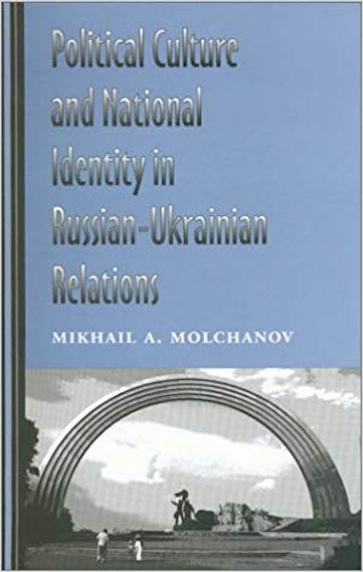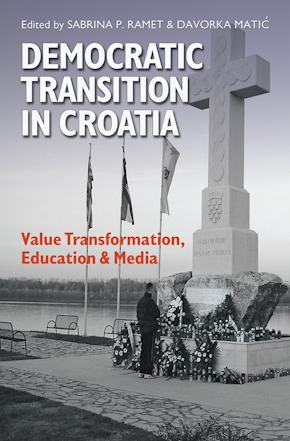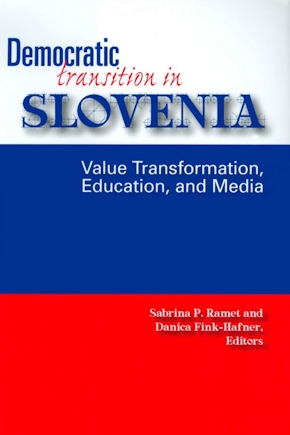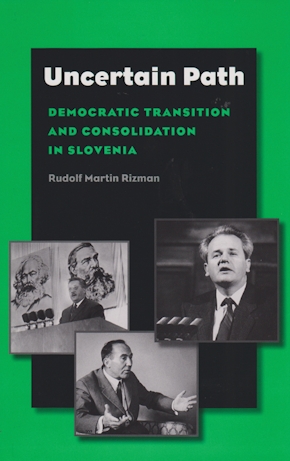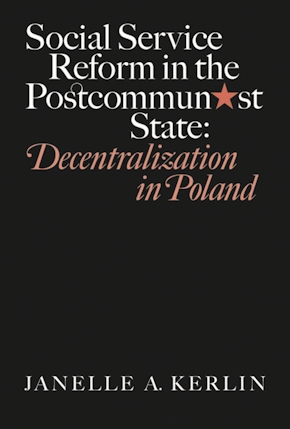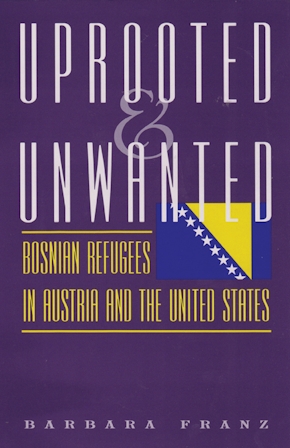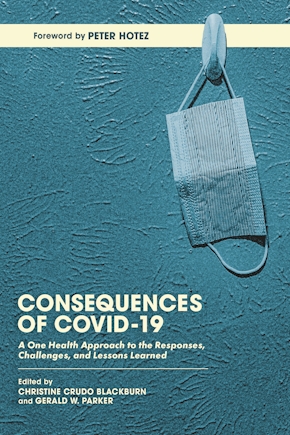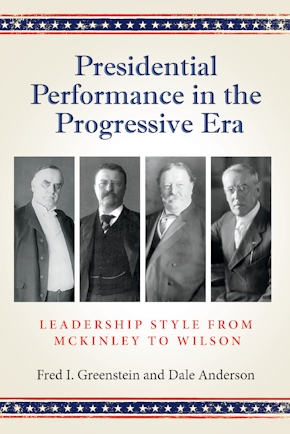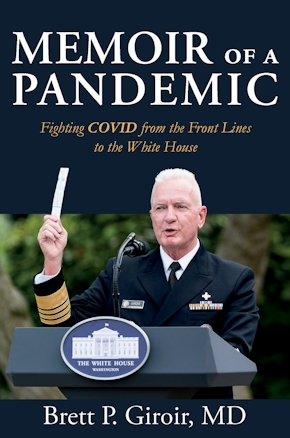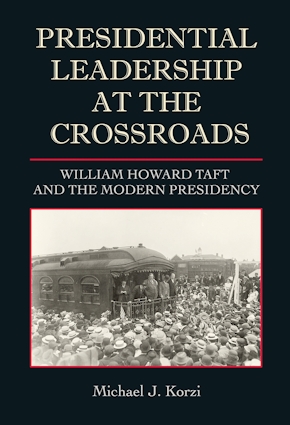Political Culture and National Identity in Russian-Ukrainian Relations
978-1-58544-191-4 Cloth
6.12 x 9.25 x 0 in
368 pp.
Pub Date: 09/01/2002
Available
BUY NOW
- Cloth $55.00 s
The author argues that domestic and international factors shape national identities, which are not an inherent characteristic of a people, but arise in interaction with the national "other." The "self-other" relationship is therefore a key element of national identity, particularly in newly independent states, of which Ukraine is a prime example. In culturally similar duos, like Russia and Ukrain, historical and cultural proximity complicate dialogue, yet allow mutually acceptable accommodations.
Following the breakup of the Soviet Union, national identities had to be reconstructed or re-created. The relationship between Russians, the core political people in the U.S.S.R., and Ukrainians, the perennial junior brothers, changed following the disintegration of the Soviet state. Molchanov questions the extent to which Russians have been able to construct an identity apart from that of the Soviet Union, arguing that the system denationalized them in an attempt to create the ideal A Soviet Man. He sees Ukraine as both dependent on Russia and struggling to forge a new national identity in conscious opposition to Russian influence. Molchanov doubts the viability of a Ukrainian nationalist project, because he believes that a majority of the Ukrainian population gravitate toward Russia culturally and linguistically.
Molchanov sees Ukraine neither as Russia's victim, nor as its opposite. Unlike those who fear a resurgent Russia and who argue that it should be contained by local nationalisms in the "near abroad." Molchanov believes this strategy can lead only to estrangement between Russia and its neighbors. In addition, Russia=s recent opening and demonstrated support of the U.S. is too valuable to the world to be sacrificed to a new variant of the containment strategy.
Eugenia & Hugh M. Stewart '26 Series
About the Author
Published by Texas A&M University Press
